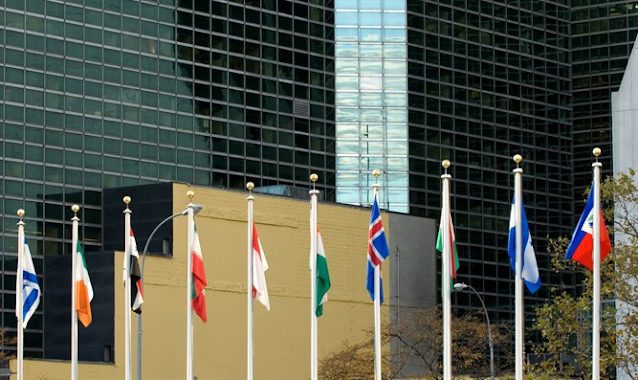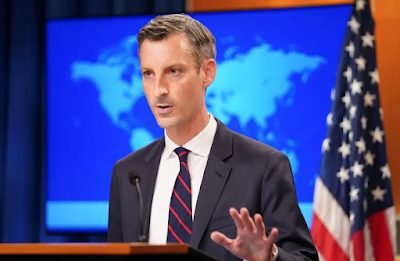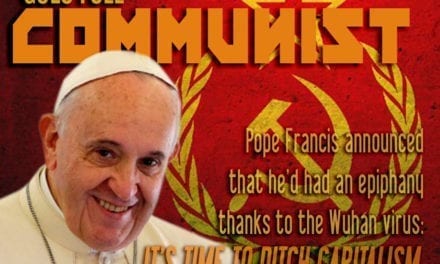Many scholars and specialists link the collapse of the USSR to the policy of foreign intervention, including the USSR intervention in Afghanistan and the radical changes in Russian foreign policy avoiding confrontation and foreign intervention whenever possible.
Some also link the recent US withdrawal from Afghanistan to the decline of US hegemony over the world order, on the other hand. They see the withdrawal as one of the signs of this decline that should be discussed from the perspective of international security and stability.
While recognizing that the Soviet failure in Afghanistan played a major role in the collapse and disintegration of the Soviet Union, several points are worth highlighting to better understand the issue. The most important is the difference between the circumstances and international environment in which the Soviet withdrawal took place and that of the US.
President Joe Biden had said in the phone conversation with former President Ashraf Ghani on July 23, according to leaks, “You clearly have the best military. You have 300,000 well-armed forces versus 70-80,000 and they’re clearly capable of fighting well.”
A few days later, however, the Afghan army began retreating across the country and provincial capitals, with little fighting against the Taliban.

Some also link the recent US withdrawal from Afghanistan to the decline of US hegemony over the world order… On the other hand, pro-Soviet Afghan forces held out against armed organizations from the end of the Soviet withdrawal from Afghanistan in mid-February 1989 until 1992, when the pro-Soviet Afghan government collapsed. That is, it lasted about three years.
On the other hand, pro-Soviet Afghan forces held out against armed organizations from the end of the Soviet withdrawal from Afghanistan in mid-February 1989 until 1992, when the pro-Soviet Afghan government collapsed. That is, it lasted about three years.
The comparison makes sense for understanding one aspect of the issue that concerns the failure of Afghan forces and government and does not fall far into the assumption of a decline in American power.
Yes, there has been the failure of plans to change Afghan society and the waste of billions on an Afghan army unable to hold its own against the advancing Taliban. But I am convinced that the circumstances and data are different in both cases. Other important factors and causes contributed a greater role in the disintegration of the Soviet Union, unlike the US, which does not have fateful crises like those suffered by the Soviets late in life.
It is important to note that these beliefs do not hide the movements in the international arena to create the conditions for the birth of a new world order by exploiting two important factors that happen to coincide.
-The first is the failure of the US to take the lead in global efforts to combat the coronavirus epidemic, or at least to provide the necessary support to its allies and friends, or even to immunize their people against the epidemic.
-The second is the chaotic military withdrawal from Afghanistan.
Among the signals of the formation of a new post-coronavirus order based on these circumstances are Russian positions. Moscow seeks to promote a multilateral world order led by the UN and the UN Security Council.
Asked during his participation in the Middle East Economic Forum who should be in charge of the global regime if the US abandons the role of “world policeman,” President Vladimir Putin replied that this responsibility should fall to the UN and its Security Council, including its five permanent members – Russia, the US, China, France, and Britain.
Russia, which in recent years has been striving to regain its former influence as the rightful heir to the former USSR, and is acting in several regions to fill the strategic vacuum due to the reluctance or the US to play its role as the dominant power in the existing world order, wants to anticipate events and foster change in accordance with its strategic interests as a world power.
It is well aware that China may, at some point, find itself in the unique leadership position of the world order, or at least play a role in a multilateral leadership framework. Discussions and expectations about the collapse or decline of the US leadership role in the world have been circulating for nearly two decades.
Even some American academics have published a celebrated political literature that includes questions about the future of American power. Not surprisingly, such expectations follow major events such as the withdrawal from Afghanistan. But I think the biggest challenge facing the US is not from its competitors, but from within itself.
World order: Consequences of the Afghanistan drawdown https://amos37.com/world-order-consequences-of-the-afghanistan-drawdown/
| Josh Toupos |



















